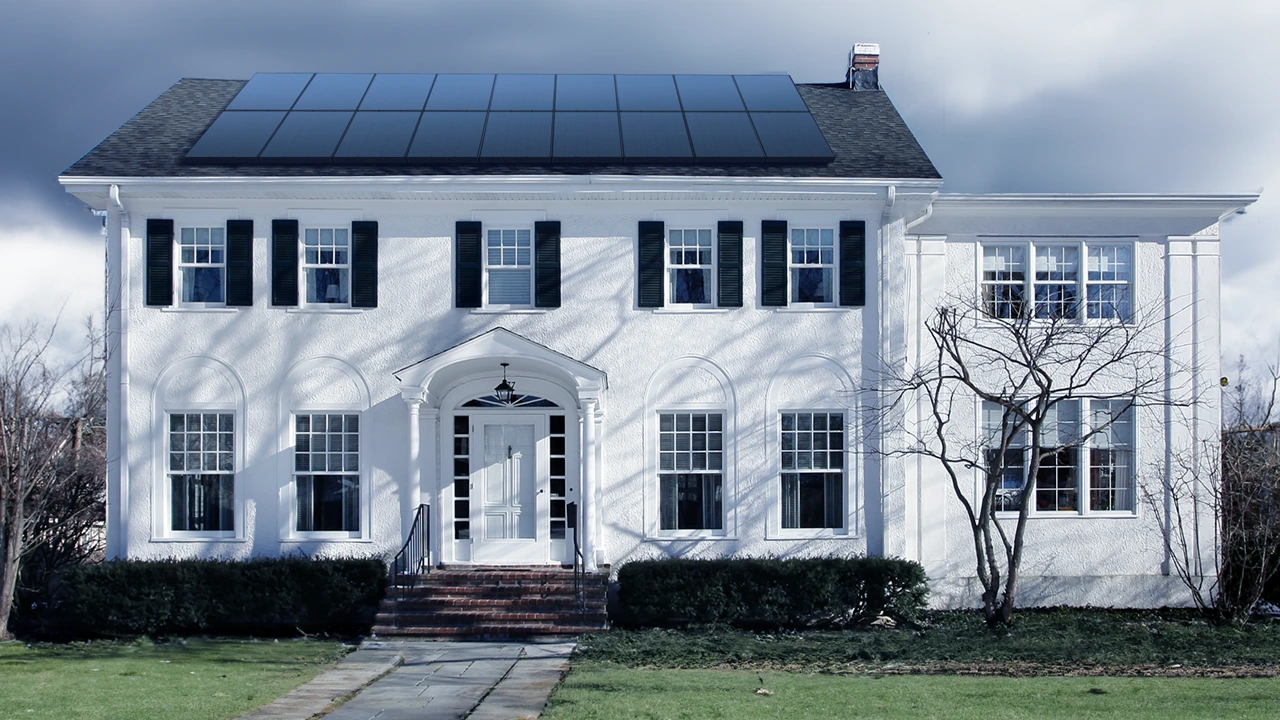Do solar panels work on cloudy and rainy days? How about at night? Learn how less-than-sunny conditions affect solar production.

What happens to solar production when it’s...
…cloudy?
Solar panels love bright, sunny days. But they also work on cloudy days! Panels absorb any amount of sunlight that they can, even if it’s weaker than usual (from filtering through clouds). Sure, solar production is lower on overcast days, but your system still generates energy.
…rainy?
Just like on cloudy days, solar panels continue to create energy when it rains. Although production is less than on a cloudless day, you still benefit from solar. Plus, rain plays an important role in keeping your panels clean. Showers rinse off the dust and debris that can block sunlight. These natural cleanings maximize your panels’ efficiency and performance.
…nighttime?
When the sun goes down, so does solar production. Panels stop working at night because their silicon photovoltaic (PV) cells need the sun’s UV rays to cause a reaction, release electrons, and make electricity. Without UV rays, there’s no reaction to produce energy. Rest assured—you’ll still have power at night. You’ll either pull from the utility grid, or you can get a backup battery to store your extra solar.
…snowy?
A snow-covered rooftop can be beautiful, but it can also limit energy production. A thick layer of snow blocks sunlight from reaching the panels, preventing the system from performing at its best. Once snow melts away, your panels will get right back to making clean energy for your home.
Store energy for later
Adding battery storage to your solar system is a smart way to store unused solar energy. When you need extra power, like at night or on super cloudy days, you can draw from your battery instead of the grid. Relying more on solar and less on traditional energy saves you from the expensive unpredictability of utility rate hikes and the uncertainty of grid outages. Learn about battery solutions
Earn credits for a rainy (or cloudy!) day
Weather doesn’t always behave as we’d like. Thankfully, some states offer net metering. With net metering, your system sends excess solar power to the grid in exchange for credits toward your electric bill. These credits help offset the cost of utility power you might use on cloudy rainy or snowy days. Learn more about net metering
Protect your roof
Solar panels are engineered to withstand harsh elements. When the weather gets nasty, they act like a protective shield for your roof while also producing energy for your home.
Solar panels provide clean, reliable energy year round
Talk to a Trinity Solar Expert to discover what solar can do for you.




















